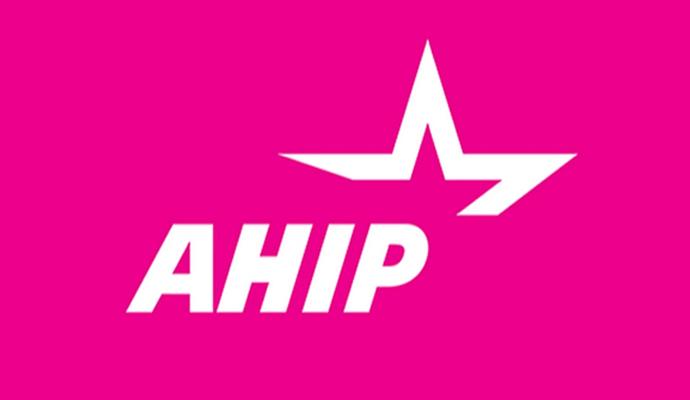Payers Recommend Actions To Promote Biosimilars, Drug Competition
In the hopes of bringing down healthcare spending, AHIP has recommended five steps that the FDA and FTC can take to support biosimilars.

Source: AHIP
- The Food and Drug Administration (FDA) and Federal Trade Commission (FTC) can streamline the biosimilar approval process and adopt other strategies to promote biosimilars and lower healthcare spending, AHIP recommended.
AHIP also suggested taking stronger actions against misinformation and anti-competitive practices regarding biosimilars, educating providers and patients about them, and supporting federal and state policies that promote access to biosimilars.
“We applaud the Food and Drug Administration (FDA) and the Federal Trade Commission (FTC) for your collaborative efforts to support appropriate adoption of biosimilars, discourage false or misleading communications about biosimilars, and deter anti-competitive behaviors in the biologic product marketplace,” the organization stated.
“Yet, as documented by public officials, stakeholders and policy experts at last month’s public workshop, significant barriers to the availability of biosimilars remain. If these barriers to competition are not meaningfully addressed, the biosimilar marketplace could fail to deliver on its promise of lower costs and greater patient access to vital biologic treatments.”
In support of continued biosimilar usage, AHIP’s recommendations to the FDA and FTC ranged from educational initiatives to federal and state regulations.
Changes to the FDA’s drug approval process would provide clearer regulatory guardrails around biosimilars, AHIP stated.
Streamlining the requirements would reduce development costs, bringing down the overall price for biosimilars. A simplified process would also help the FDA be more clear about its approval process.
The Purple Book, which contains information regarding the biosimilar market for developers and manufacturers, should be digitally available, AHIP suggested. It should also be more complete and backed by legislation from Congress that keeps it up to date.
Second, AHIP said that the federal entities needed to take a stronger stance against misinformation related to biosimilars—misinformation which was propagated, AHIP claimed, by certain drug manufacturers.
AHIP applauded the FDA’s draft guidance on biologicals marketing as a check against false advertising that undermines biosimilars’ abilities.
The FDA and FTC also need to better communicate and educate all stakeholder groups, from hospitals to patients, about the benefits and legitimacy of biosimilars.
The new FDA biosimilar website, with its many resources about biosimilars, is a good start, but there is more that the federal entity can do, AHIP said. The content itself can be improved and expanded upon and provider organizations can be looped into the effort.
Health payers also have a role to play in supporting biosimilar education among providers and patients, AHIP acknowledged.
The federal organizations need to stamp out anti-competitive regulations and behaviors that limit biosimilar competition, according to the letter.
There are a couple of subjects that the FDA and FTC can centralize their efforts on. They can squash “pay-for-delay” practices, which delay biosimilar approval as well as other tactics such as FDA citizen petitions used to put off biosimilar approval and continue drug monopolies. Product hopping and evergreening are other tactics that the FDA and FTC need to bring to an end.
Lastly, AHIP said that the FDA and FTC should support both state and federal policies that allow for greater access to biosimilars. CMS has demonstrated its support for biosimilars, but further actions—such as shortening market exclusivity and banning anti-substitution laws—could go a long way in promoting biosimilar usage and, by extension, increased savings.
A biosimilar is a drug that replicates, with minor variances, a reference biological. As a biological, it could be a protein, monoclonal antibody, or vaccine. Regardless of form, it tends to be a large molecule that is more complex than a generic or its brand-name product.
The biosimilar marketplace is expected to significantly reduce healthcare spending.
The sector has been projected to save stakeholders—mostly patients and taxpayers— anywhere from $25 billion to $150 billion from 2017 to 2027, according to the RAND Corporation.
Regulatory action by the FDA and FTC as well as marketplace competition, payment arrangements, and prescriber and consumer education about and acceptance of biosimilars all play a significant role in where the actual savings lands in that $125 billion spectrum.
If RAND Corporation’s estimates are accurate, biosimilars’ success could mean significant savings for payers, employers, and patients. For that reason, AHIP has long been an advocate for boosting the biosimilar market.
While AHIP commended the FDA and FTC’s progress on promoting biosimilars, there is still more that the entities can do to ensure that patients get a fair chance to access these potentially life-saving drugs.
